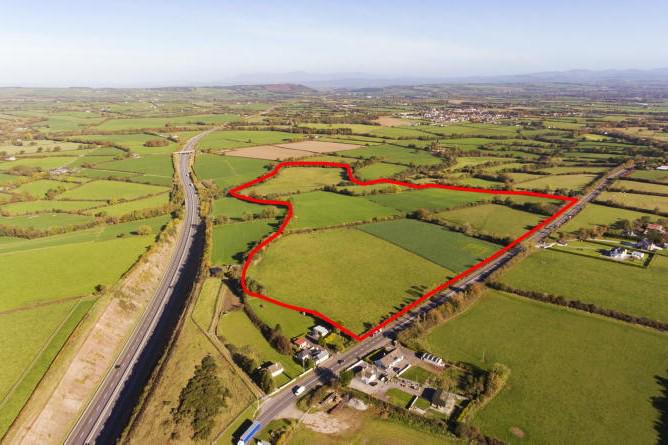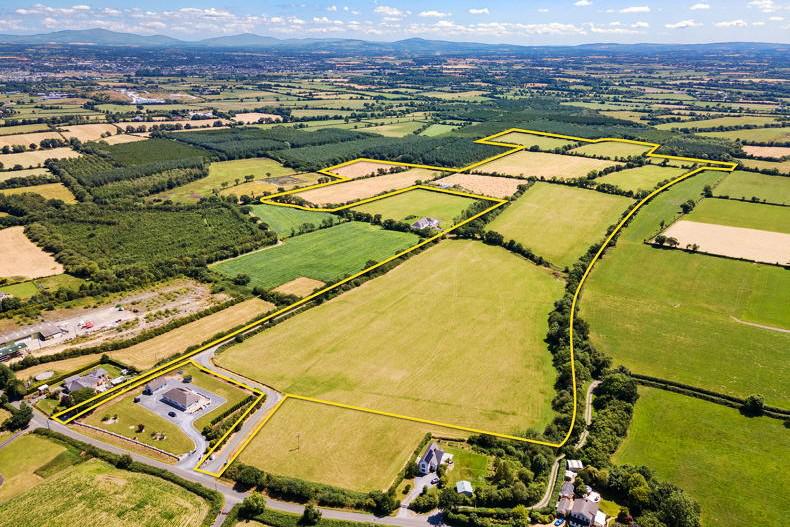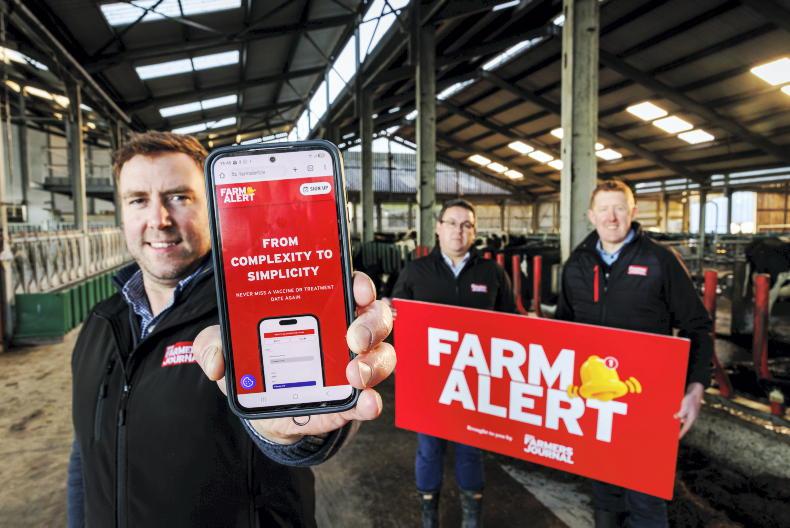The Department of Housing and the Department of Finance have warned farmers to make a submission to their local authority seeking an exemption from the residential zoned land tax (RZLT) if they have been included as eligible.
With the deadline of 1 January to both determine if your farmland is eligible and to make a submission looming, officials from both departments told the Irish Farmers Journal that farmers should “get something in”.
This, they said, could be a few lines or a short email from a farmer explaining why their land should be alternatively zoned.
The local authority will then have a window to come back to the farmer seeking more information. However, if no contact is made before 1 January, such a window cannot be afforded due to the legislation governing the tax.
The IFA has called for a deadline extension beyond New Year’s Day as its farm business chair Rose Mary McDonagh said “farmers are not aware that their lands are caught up in it”. However, the officials said such a deadline extension is not possible. So far, county councils are reporting just a handful of submissions from farmers in each county.
In their submission before 1 January, farmers are pointing out why their land should be de-zoned altogether from residential zoning, or re-zoned for an alternative use, such as industry or agricultural business. The submission is not a request to be exempt from the tax.
The housing and finance officials were at pains to explain that the engagement a farmer has now with their local authority on the land tax is a submission and not an appeal. This submission can also be made public by the county council.
If the county council does not agree with the farmer’s submission, the farmer can then make an appeal to An Bord Pleanála.
The officials confirmed that a submission including evidence that the land is actively farmed and that it is required for the farmer’s livelihood is not a ticket to alternative zoning.
While guidelines will be issued to each local authority on how they respond to farmers’ submissions, there is potential for a lack of national uniformity on how submissions on farmland are treated.
Exemption required
Under the legislation governing the tax, local authorities are required to publish their zoning maps and raise awareness about them but not required to contact an impacted farmer directly, something McDonagh said is “not good enough”.
“Every day there’s someone new coming in that never realised for a second that they were within the scope.
“Bottom line, farmland needs to be exempt. It’s just not right that farmers who’ve been farming their land for generations would be included,” she said.
Read more
Land tax map: find out if your farm is liable
The Department of Housing and the Department of Finance have warned farmers to make a submission to their local authority seeking an exemption from the residential zoned land tax (RZLT) if they have been included as eligible.
With the deadline of 1 January to both determine if your farmland is eligible and to make a submission looming, officials from both departments told the Irish Farmers Journal that farmers should “get something in”.
This, they said, could be a few lines or a short email from a farmer explaining why their land should be alternatively zoned.
The local authority will then have a window to come back to the farmer seeking more information. However, if no contact is made before 1 January, such a window cannot be afforded due to the legislation governing the tax.
The IFA has called for a deadline extension beyond New Year’s Day as its farm business chair Rose Mary McDonagh said “farmers are not aware that their lands are caught up in it”. However, the officials said such a deadline extension is not possible. So far, county councils are reporting just a handful of submissions from farmers in each county.
In their submission before 1 January, farmers are pointing out why their land should be de-zoned altogether from residential zoning, or re-zoned for an alternative use, such as industry or agricultural business. The submission is not a request to be exempt from the tax.
The housing and finance officials were at pains to explain that the engagement a farmer has now with their local authority on the land tax is a submission and not an appeal. This submission can also be made public by the county council.
If the county council does not agree with the farmer’s submission, the farmer can then make an appeal to An Bord Pleanála.
The officials confirmed that a submission including evidence that the land is actively farmed and that it is required for the farmer’s livelihood is not a ticket to alternative zoning.
While guidelines will be issued to each local authority on how they respond to farmers’ submissions, there is potential for a lack of national uniformity on how submissions on farmland are treated.
Exemption required
Under the legislation governing the tax, local authorities are required to publish their zoning maps and raise awareness about them but not required to contact an impacted farmer directly, something McDonagh said is “not good enough”.
“Every day there’s someone new coming in that never realised for a second that they were within the scope.
“Bottom line, farmland needs to be exempt. It’s just not right that farmers who’ve been farming their land for generations would be included,” she said.
Read more
Land tax map: find out if your farm is liable









SHARING OPTIONS